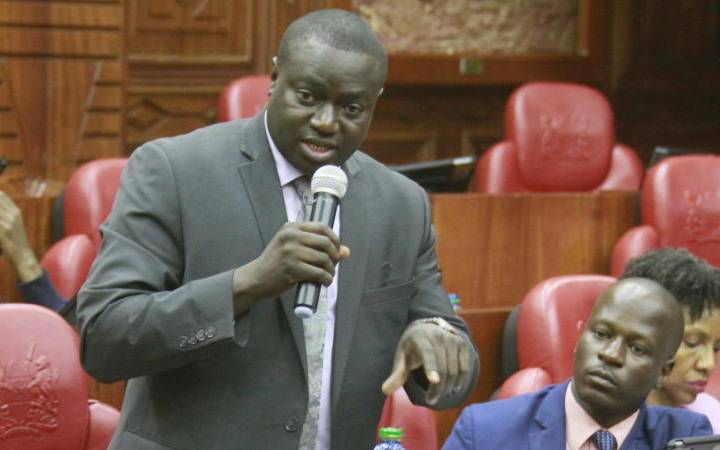×
The Standard e-Paper
Stay Informed, Even Offline

ICPAK Country Manager Hillary Onami(left) and Public Policy and Research Manager Elias Wakhisi(right) during a stakeholders meeting with National Assembly Finance Committee on the proposed basis for sharing revenue among counties at County Hall, Nairobi on December 11, 2019. [Boniface Okendo, Standard]
Counties that do not get a clean bill of health from the Auditor General should be penalised by reducing their funds' allocation every financial year.